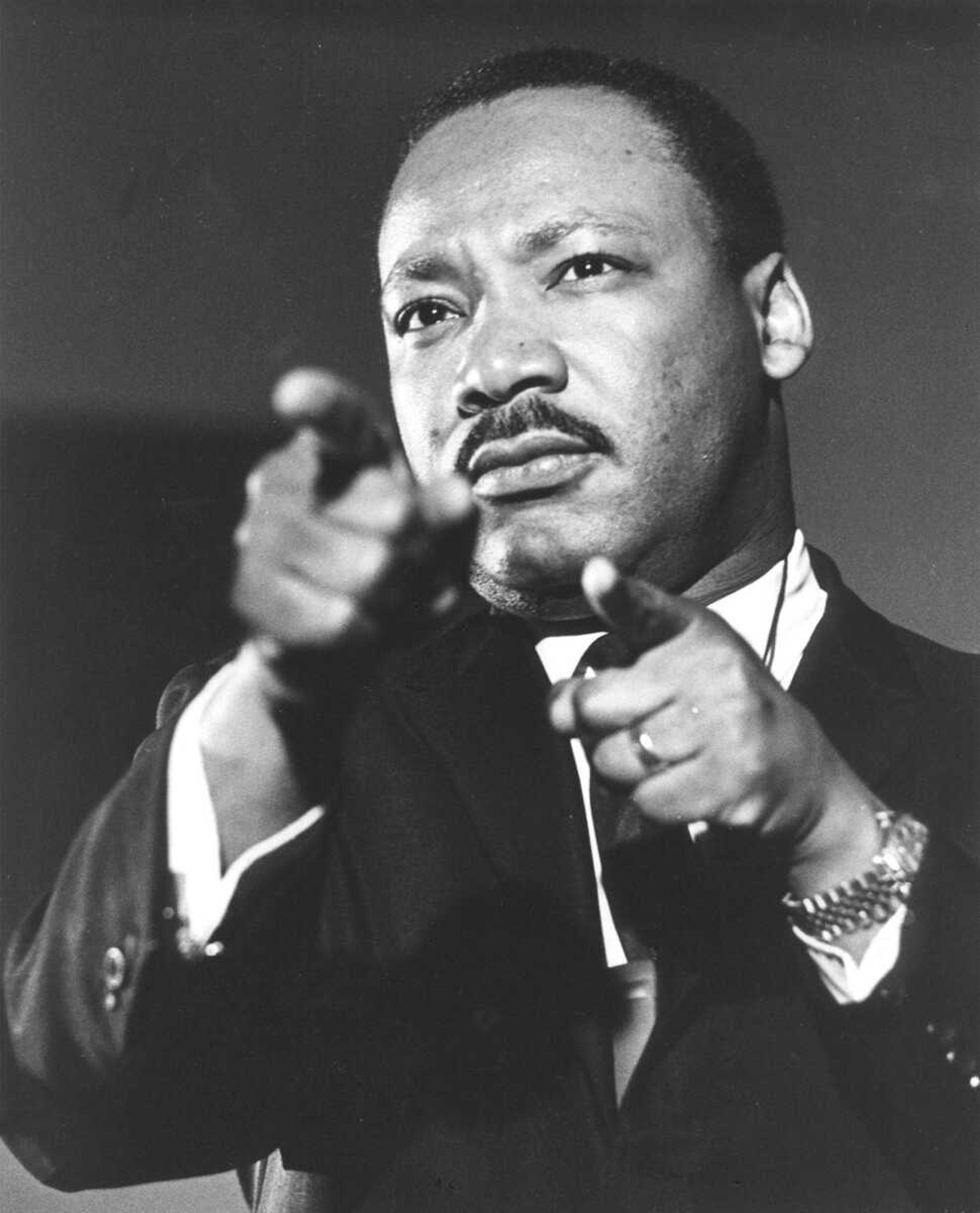NEW YORK -- They are some of the most famous words in American history: "I have a dream ..." And the man who said them has become an icon.
Martin Luther King Jr. has certainly gotten his share of attention this year, the subject of a presidential campaign controversy over his legacy that blew up just around the time of the holiday created to honor him.
But nearly 40 years after his assassination in April 1968, after the deaths of his wife and of others who knew both the man and what he stood for, some say King is facing the same fate that has befallen many a historical figure -- being frozen in a moment in time that ignores the full complexity of the man and his message.
"Everyone knows, even the smallest kid knows about Martin Luther King, can say his most famous moment was that 'I have a dream' speech," said Henry Louis Taylor Jr., professor of urban and regional planning at the University of Buffalo.
"No one can go further than one sentence," he said. "All we know is that this guy had a dream, we don't know what that dream was."
At the time of his death, King was working on anti-poverty and anti-war issues. He had spoken out against the Vietnam War in 1967, and was in Memphis, Tenn., in April 1968 in support of striking sanitation workers.
King had come a long way from the crowds who cheered him at the 1963 March on Washington, when he was introduced as "the moral leader of our nation."
By taking on issues outside segregation, he had lost the support of many newspapers and magazines, and his relationship with the White House had suffered, said Harvard Sitkoff, a professor of history at the University of New Hampshire who has written a book on King.
But he took on issues of poverty and militarism because he considered them vital "to make equality something real and not just racial brotherhood but equality in fact," Sitkoff said.
While there has been scholarly study of King and everything he did, that knowledge hasn't translated into the popular culture perception of him and the civil rights movement, said Richard Greenwald, professor of history at Drew University.
"We're living increasingly in a culture of top 10 lists, of celebrity biopics which simplify the past as entertainment or mythology," he said. "We lose a view on what real leadership is by compressing him down to one window."
That does a disservice to both King and society, said Melissa Harris-Lacewell, professor of politics and African-American studies at Princeton University.
She believes it's important for Americans in 2008 to remember how disliked King was in 1968.
"If we forget that, then it seems like the only people we can get behind must be popular," Harris-Lacewell said. "Following King meant following the unpopular road, not the popular one."
Connect with the Southeast Missourian Newsroom:
For corrections to this story or other insights for the editor, click here. To submit a letter to the editor, click here. To learn about the Southeast Missourian’s AI Policy, click here.







